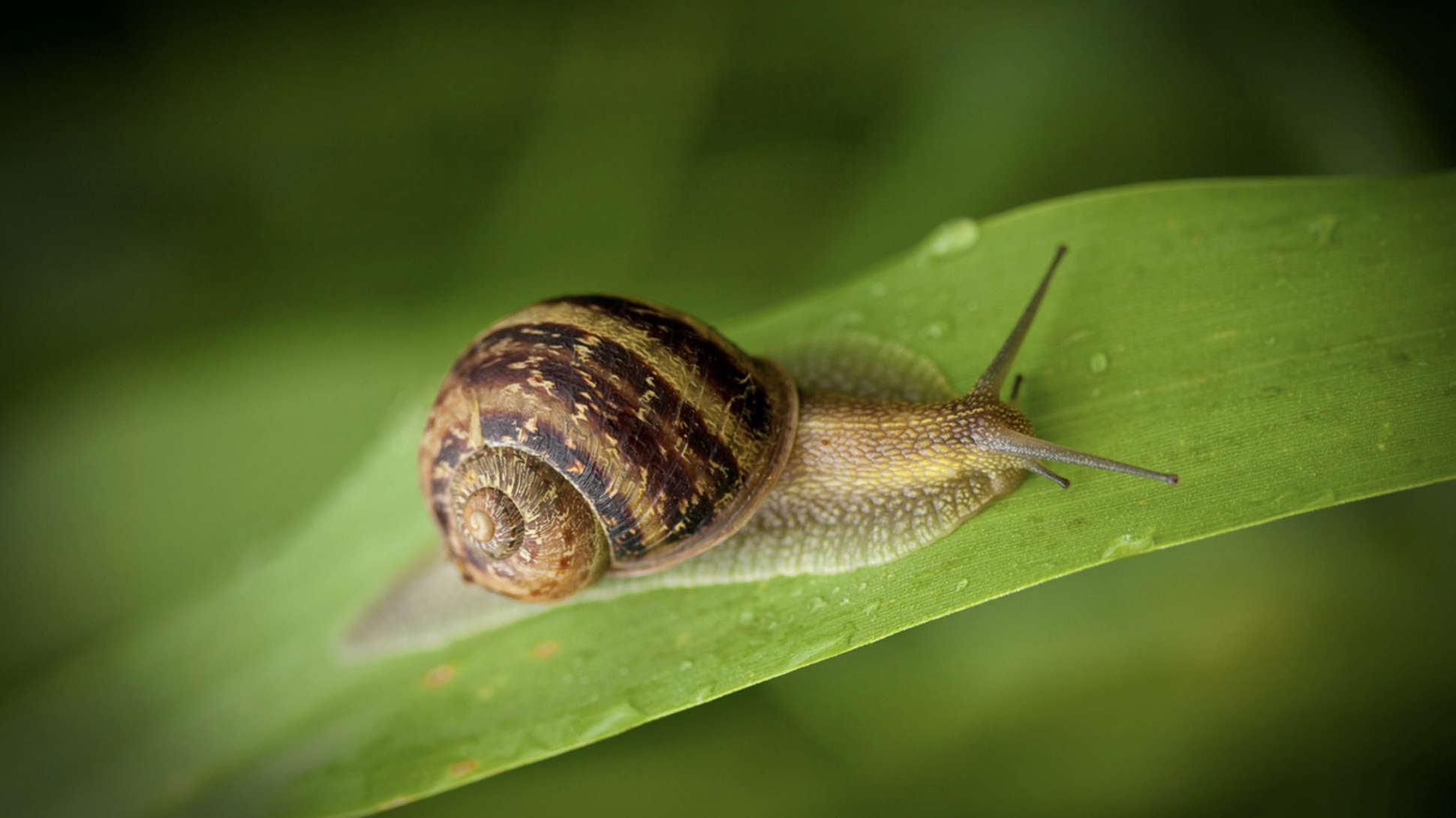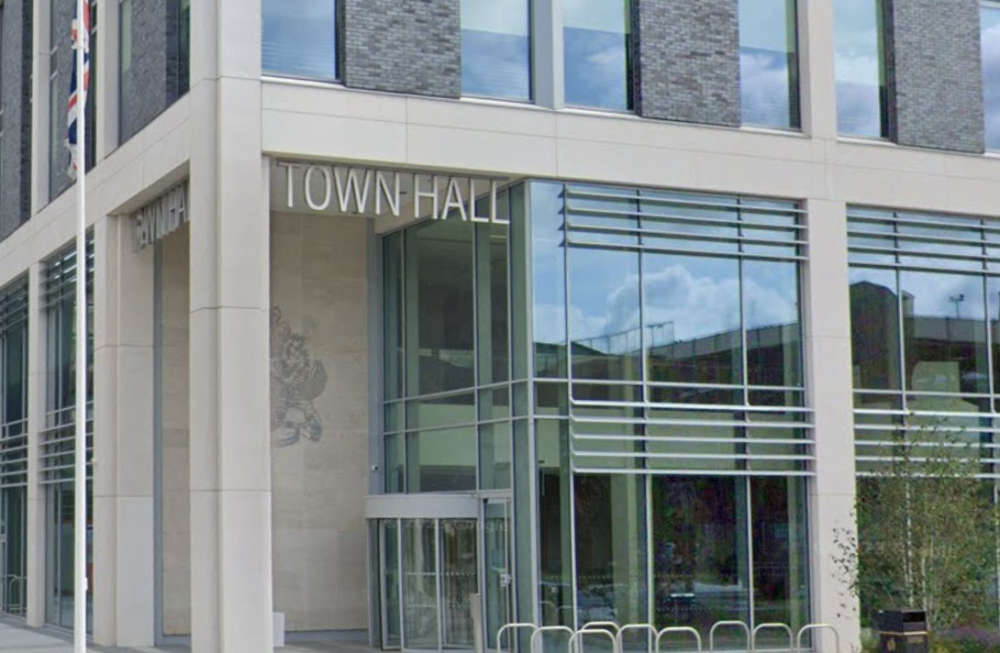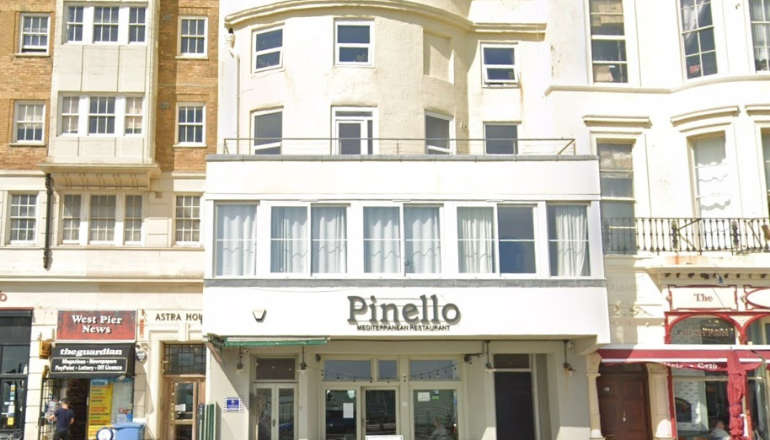
Britons have been urged to "make friends" with slugs and snails as only a "small fraction" cause havoc for gardeners.
The molluscs are regularly thought to be among the most frustrating species of animal for gardeners, despite the Royal Horticultural Society (RHS) saying they shouldn't be considered pests two years ago.
Now, the RHS and the Wildlife Trusts are supporting slugs in a campaign to get people to "make friends with molluscs," highlighting that they can often be a gardener's best friend.
Helen Bostock, RHS senior wildlife specialist, said:
"While a small number of slugs and snails can cause damage to certain plants, overall they bring many benefits to the garden and contribute to a balanced ecosystem.
"We hope that by highlighting the crucial work that molluscs do in our gardens we can help give them a well-deserved reputation makeover."
The charities said that of around 150 species of slugs and snails in the UK, only a "small fraction" pose problems for gardeners, with most instead eating rotting plants, fungi, dung and even dead animals.
They also touted how declining species like thrushes and hedgehogs eat the molluscs, and issued five tips on how to build a better environment for the creatures.
They suggest that garden owners should:
• Create habitats such as log piles, mulch and natural debris in the garden
• Choose plants that are less attractive or more resilient to molluscs
• Use non-toxic barriers for vulnerable plants such as copper tape and wool pellets
• Regularly monitor plants and remove slugs and snails by hand
• Encourage predators by creating habitats for frogs, toads, ground beetles and birds
It comes after Sky News reported in 2022 on the dramatic decline in hedgehog numbers in the countryside in the last 20 years, and earlier reports that the thrush is disappearing from UK gardens at a rate that suggests the species is "in need of help".
Kathryn Brown, from the Wildlife Trusts, said the charity also wants "everyone to avoid using pesticides which can indiscriminately harm other creatures too".
"You can grow a range of plants that snails and slugs tend to not eat, such as onions and hardy herbs, instead of trying to control them," she added.
"These marvellous molluscs help to enrich and aerate the soil, and they're also a great food source for other incredible animals such as newts and beetles."

(c) Sky News 2024: Britons should 'make friends' with slugs and snails in their gardens, charities say

 Officers Release New Images Following Chichester Assault
Officers Release New Images Following Chichester Assault
 Sussex Apprentices Share Experiences During National Apprenticeship Week
Sussex Apprentices Share Experiences During National Apprenticeship Week
 Appeal After Repeated Criminal Damage At Crawley Address
Appeal After Repeated Criminal Damage At Crawley Address
 Former Hove Scout Leader Jailed For Dozens Of Child Sex Offences
Former Hove Scout Leader Jailed For Dozens Of Child Sex Offences
 Men Found Not Guilty Of Rape In Eastbourne
Men Found Not Guilty Of Rape In Eastbourne
 Crawley Residents To Face April Council Tax Rise
Crawley Residents To Face April Council Tax Rise
 Appeal Over High-Value Distraction Theft In Brighton
Appeal Over High-Value Distraction Theft In Brighton
 Appeal In Connection With Burglary Near Eastbourne
Appeal In Connection With Burglary Near Eastbourne
 Crawley Tenants Set To Be Hit By Rent Increase
Crawley Tenants Set To Be Hit By Rent Increase
 Stone Balustrade To Return To Seafront Building
Stone Balustrade To Return To Seafront Building